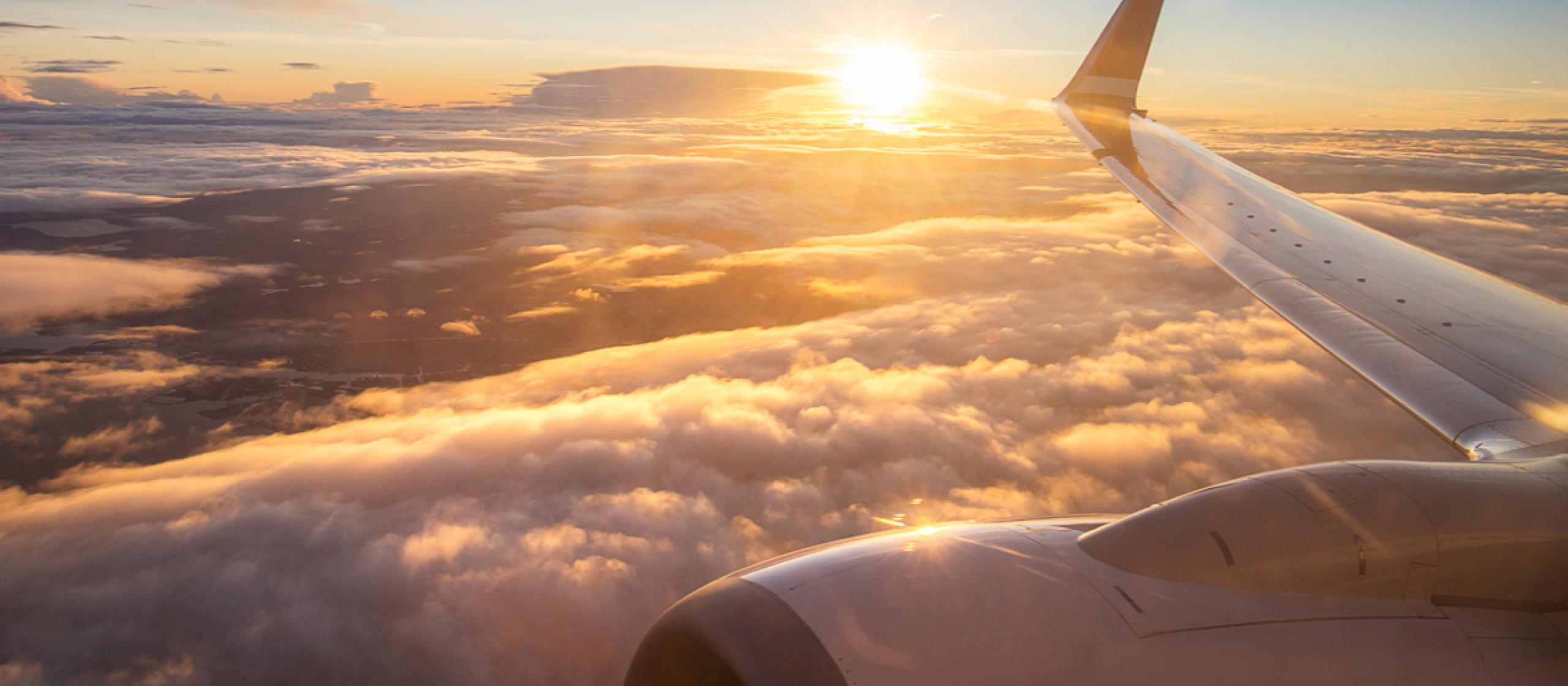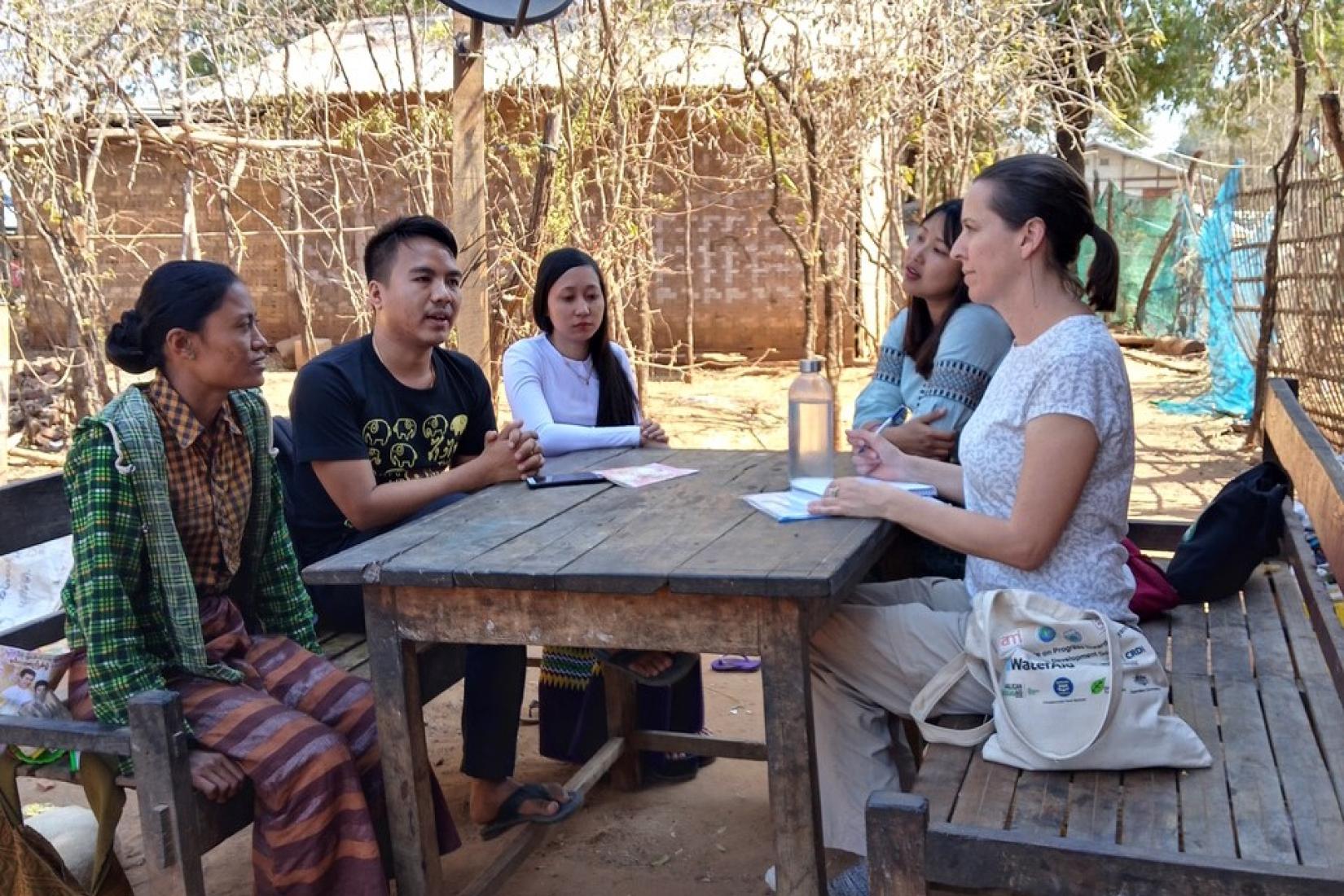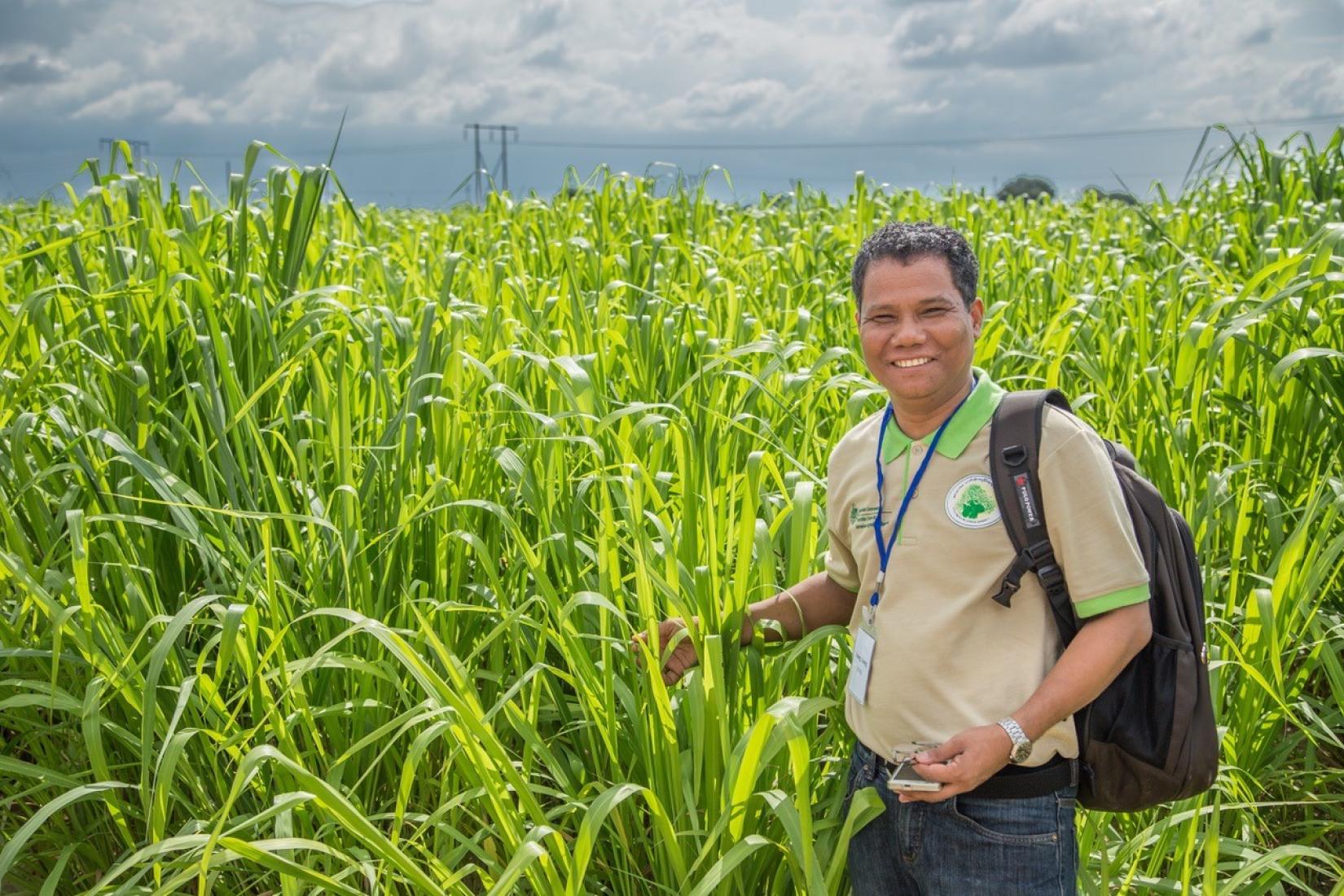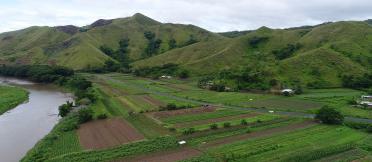Dr Mayberry leads an ACIAR-supported project to improve beef cattle production systems for farmers in Myanmar’s Central Dry Zone (CDZ), one of the country’s driest and poorest regions.
She leads a team from CSIRO, the University of Melbourne and—in Myanmar—the Livestock Breeding and Veterinary Department, University of Veterinary Science and Yezin Agricultural University.
In March, when travel restrictions were imposed, some of the Australian researchers were preparing to travel to Myanmar to help conduct farmer surveys and set up field trials.
Instead, team members from both countries had to work from home, communicating via email, messaging and video-calls, and adjusting their work to the new situation.
‘Nothing comes close to going out, kicking the dirt and talking to people in the villages to better understand the farming systems, the problems local producers face and where the opportunities are,’ Dr Mayberry says.
‘It also enables us to teach staff and students how to do things in a scientifically rigorous way. If it’s a field experiment, we might mark plots and plant seeds together. If it’s an animal experiment, we’d do the feeding together.’
However, the project team is adapting, with the University of Melbourne developing online training resources, which Dr Mayberry hopes will be helpful. The team will also use online data collection tools, such as CommCare.
‘CommCare will be a lifesaver for us,’ she says. ‘It makes it easy for us to check data as it comes in and identify any issues early.’
The experience has led Dr Mayberry to adjust her expectations of what can and cannot be achieved within project timeframes.
‘We’re putting a lot of thought into how we can repurpose existing projects, so they are more reliant on people on the ground.’ Dan Walker
‘Initially, we were a bit naïve about how long the restrictions would last. That’s been one of the most challenging things: not knowing when we can get back out and do field work.
‘Now we have to rethink how we work in-country and focus more on communication between trips so the trips themselves can be more focused. I hope that in a year’s time or whenever we can travel, we get more benefit from the field trips we do.’






